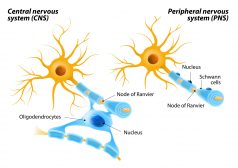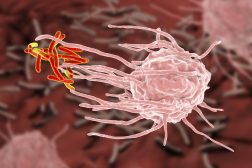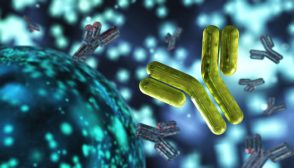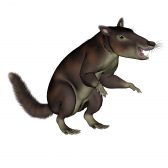Definition
noun, plural: allelisms
The condition of alleles, such as the state of having several forms of a particular gene, often as a result of mutation
Supplement
Alleles are the pairs of genes occupying a specific spot called locus on a chromosome. Allelism refers to any of the several forms of a gene. These genetic variations arise usually through mutation and therefore are responsible for hereditary variations. Typically, there are only two alleles for a gene in a diploid organism. When there is a gene existing in more than two allelic forms this condition is referred to as multiple allelism. In particular, multiple allelism is the condition wherein three or more alleles of a gene are present. Multiple allelism is best illustrated by the ABO blood group system in humans. In the inheritance of ABO blood group in humans, gene I (I, i.e. isohaemagglutinin) exists in three allelic forms: IA, IB, and IO. IA and IB are codominant. They are responsible for type A and type B antigens, respectively, on the cell surface of erythrocytes. IO is a recessive allele and does not produce antigen. It should be noted though that even if there are more than two alleles present in the population, the individual comprising the population would possess only two such alleles. Thus, in the case of ABO blood group system, the inheritance of IA and IB alleles results in having a blood type AB.
Synonym(s):
- allelomorphism
See also:







